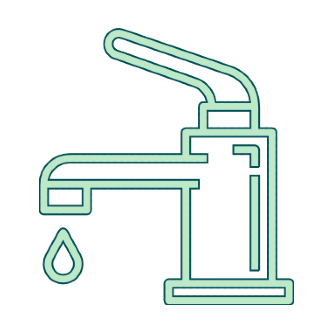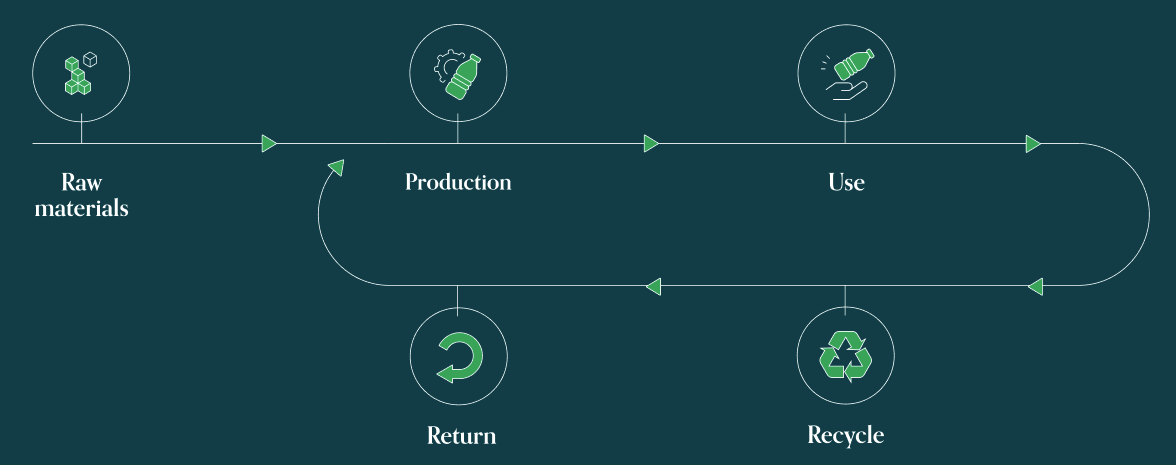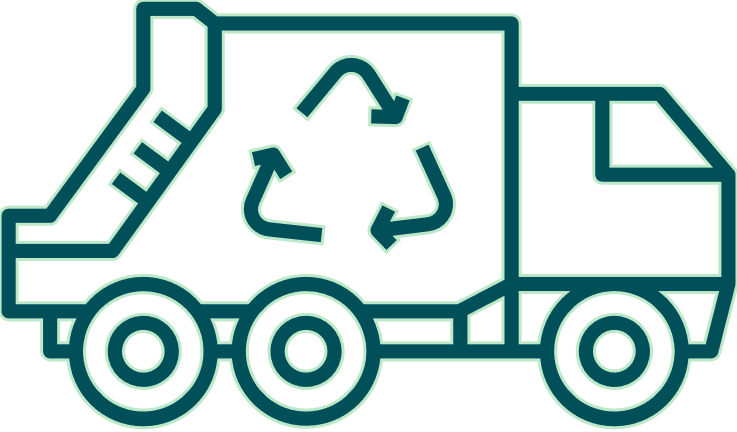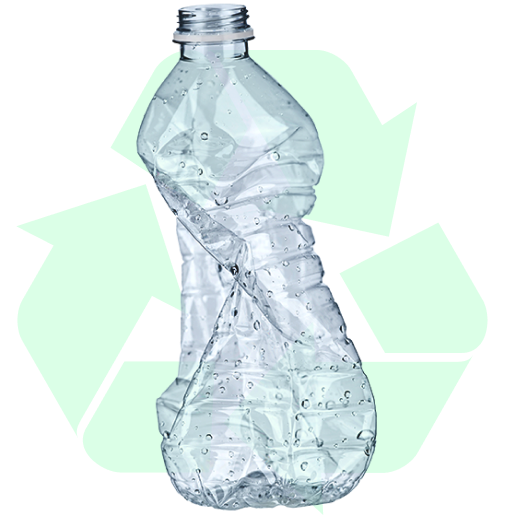What Now?
Plastic production has increased substantially over the past ten years. Plastic waste disposal and collection methods have improved, but it is our recycling technology that will make the largest impact on our effort to protect the ecosystem.












